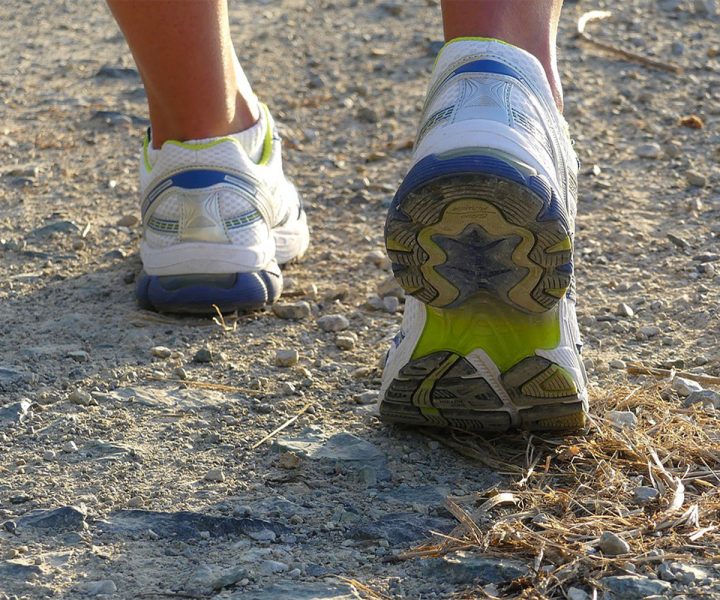
Backpacking footwear is always a hot topic amongst outdoor enthusiasts, and a question a lot of hikers have is if they really can make the switch and backpack in running shoes. It has been drilled into most of us that in order to hike, you must wear hiking boots, as they give you water protection and ankle support.
You might be a bit surprised to know that a lot of thru-hikers have ditched the boots, and they’ve covered thousands of miles in running shoes. Here are some pretty compelling reasons to ditch the boots and not look back.
Weight on your feet will zap your energy
You expend more energy the more weight that you carry, and the weight on your feet is very significant. The weight you carry on your feet will drain you of six times more energy than the weight you carry on your back, so removing those two extra pounds of weight when you make the switch to running shoes is the same as removing around twelve pounds from your backpack.
Blisters are the worst
Hard-soled and rigid boots don’t flex and they also don’t let your feet breathe. After a long hike, your feet will be sweaty and wet, and therefore more prone to getting blisters. This is the reason why most boots cause blisters, even if you’ve broken them in.
Boots are not really waterproof
A lot of hiking boots claim to be waterproof, and that entices hikers to wear them. However, waterproof boots won’t keep your feet dry. As we’ve mentioned before, as they don’t breathe, your feet will be wet with sweat. Furthermore, waterproof boots don’t offer long-lasting protection from the rain, as the water will run down your legs and soak your boots.
Ankle support is a term used only to sell boots
One of the biggest concerns that hikers have on the trail is getting injured, and therefore believe that boots are better as it gives them ankle support, but there’s not a lot of evidence to back up that claim.
Research states that in order to prevent ankle injuries, you need to focus on stretching and strengthening your ankles, and active and healthy people don’t need any extra ankle support. Additionally, your legs get more tired more quickly with boots, leaving you more prone to injuries.
Ready to make the switch to running shoes?
If you’re now ready to ditch the boots and get a pair of running shoes, choose a trail runner or lightweight running shoe. Your shoes should be comfortable from the get-go and have a soft and flexible sole that offers good traction. The best running shoes for hiking should be breathable and quick-drying. Large sections of mesh are a no-go, as mesh wears out quickly.
We recommend that your shoes are at least a half size up than your usual size, as your feet will swell after a long day of hiking. A good pair of shoes can be a bit of an investment, but if you pick the right pair, they can last at least 500 miles.
 Your Privacy Choices
Your Privacy Choices